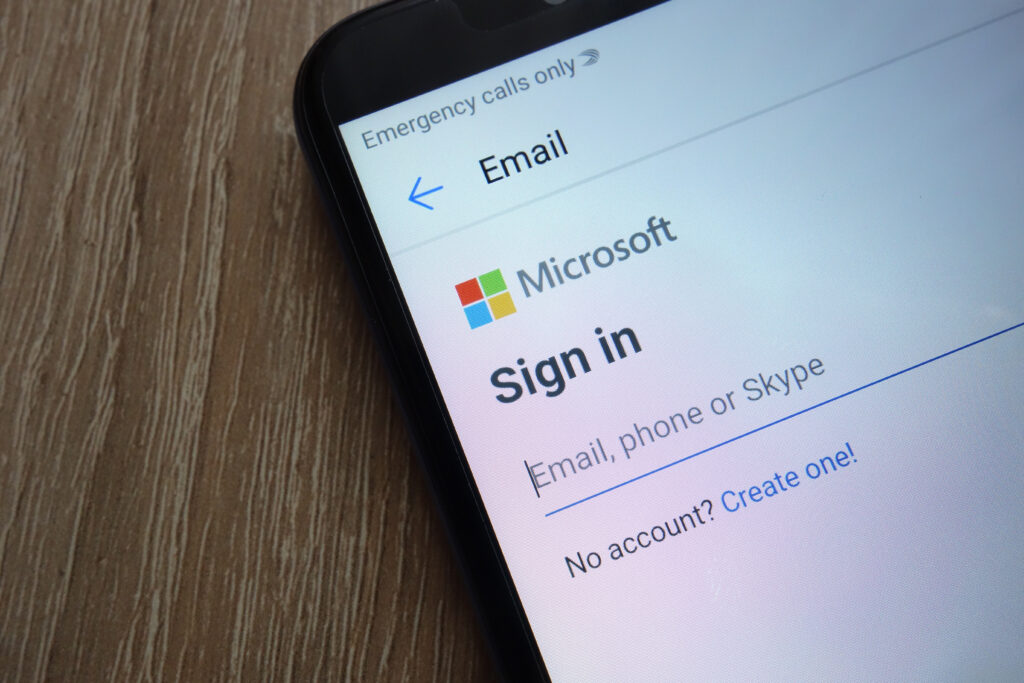Frontline recently formed a partnership with Aphix, a leading provider of award-winning, multi-channel eCommerce that directly integrates with SAP Business One. But what is eCommerce and why is it so important in B2B selling? Graham O’Rourke, CEO at Aphix tells us more:
Q. What is eCommerce?
‘eCommerce refers to the buying and selling of goods or services via a website or online portal. eCommerce typically refers to the sale of physical products online, but it can also describe any kind of commercial transaction made through the internet, including services. Historically, eCommerce would be associated with business to consumers, however business-to-business (B2B) eCommerce is now thriving, but requires a slightly different approach.‘
Q. What are the most important things to look for in a B2B eCommerce platform?
‘A website needs to be easy to navigate for your customers. They need to be able to find and select your products easily in order to make purchases. This all sounds straight forward, but B2B eCommerce has added complexities. You may need to display customer specific pricing, different catalogues and payment terms.
That said, your website needs to provide you with a level of configurability, so that you have control over the content and design, and you aren’t reliant on a third-party supplier. It also needs to be future-proof with the a clear roadmap of upcoming features. Something that is often standard with cloud-based SaaS solutions.
Other considerations include:
• Mobile-friendly
• Multi-channel (Apps and portals)
• Secure payment gateways
• 3rd Party Integrations
• Secure cloud-based hosting
• Excellent user support and guides’
Q. What is eCommerce integration?
‘An eCommerce integration guarantees the mutual exchange of information between a company’s eCommerce website and its accounting/inventory ERP system (such as SAP Business One), which eliminates the need to input the same data multiple times. This can bring significant benefits to your business. Your ERP is your single source of truth, providing all your catalogue and pricing information and removing potential errors. This in turn can help reduce costs and ordering errors. As well as efficiency gains, you can reach new markets through additional marketplaces and being present in multiple languages, currencies and time zones 24/7.’
Q. How do you choose the right platform?
‘A suitable B2B eCommerce solution should offer all of the following:
1.Real-time integration – Full seamless integration of your ERP and business management system.
2. Access to all company catalogues to facilitate the management of even the largest product ranges.
3. A dedicated and branded mobile ordering app for both your customers and sales teams.
4. A secure, cloud-based platform – enabling fast deployment.
5. Integration with API’s and platforms that can enhance your offering such as payment gateways and marketing tools.
In addition to features, you need to evaluate the support structures in place. Is there a team or contact you can call? Can you raise support tickets easily and view their progress? What training is provided and is there a user portal that provides best-practice use, tips and guidance?
Ultimately the right B2B eCommerce solution needs to be user friendly, meet your customer needs and still support the complexity of your business, products and ERP information.’
Q. What are your three must have features?
1.Multisite functionality
2. Customer specific catalogues and pricing
3. Industry relevant capability
‘Often, business to consumer (B2C) eCommerce solutions do not factor in B2B complexities such as quantity breaks, split or scheduled deliveries. This makes them quickly unsuitable for your business as it grows, your product range expands and your customers’ demand more features and personalised information. Integrated B2B eCommerce allows your customers to transact with your business online in exactly the same way as they do with you face-to-face or over the telephone.’
Q. Will an eCommerce integration make your business more efficient?
‘Yes! Your ERP software should seamlessly integrate with the ecommerce platform, allowing your customers 24/7 access to the latest product and customer information. Real-time ordering results in instant processing in your ERP system, providing efficient and streamlined business operations. This will help set you apart from your competitors and encourage your customers to buy from you again and again.’
To find out more about the Aphix ecommerce platform and how it can integrate with SAP Business One get in touch today!




